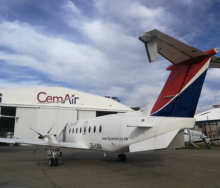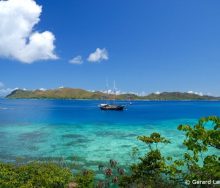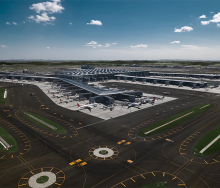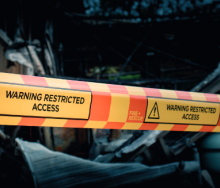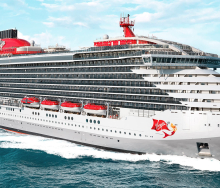Last week, the City of Cape Town was granted accreditation as an international Wetland City at the 14thMeeting of the Conference of the Contracting Parties (COP14) to the Ramsar Convention on Wetlands.
This is in recognition of the best-practice work that the city has undertaken to date in implementing innovative policies and plans to ensure Cape Town’s wetlands are protected, rehabilitated and restored. Read more below:
Lorraine Gerrans, City of Cape Town Director: Environmental Management, received the accreditation certificate on the city’s behalf. The accreditation acknowledges the city for ‘taking exceptional measures’ in protecting Cape Town’s wetlands.
According to Gerrans, the city’s application underwent a rigorous review process and was approved alongside 24 other cities. Cape Town is now among 43 accredited Wetland Cities around the world.
“We are truly honoured to be bestowed with this new status, and are committed to keep on carrying out the responsibilities this requires in protecting our precious wetlands. The preservation of our natural assets is a key priority for the city, not only because it is the right thing to do, but also because our natural environment protects us from natural disasters and ensures our future resilience to climate change,” said Deputy Mayor and Mayoral Committee Member for Spatial Planning and Environment, Eddie Andrews.
“I firmly believe that preservation programmes can only succeed in the long-term when we maintain the delicate balance between protecting our natural heritage and biodiversity assets, while also ensuring economic growth and equitable social development. This is a daunting task and one every large city in the world is faced with today,” he said.
“I’m proud to say that in Cape Town we are always looking for innovative plans to resolve challenges, and to maintain, restore, and preserve our wetlands. But, in so doing, we are also working with our surrounding communities to ensure that local jobseekers benefit from the restoration and conservation programmes through skills development initiatives and temporary job opportunities.”
The city also acknowledged that the universal challenges applicable to urban waterways were significant and its commitment to finding long-term solutions was evident by the Mayoral Priority Programme’s focus on water quality improvement of the rivers and wetlands, highlighted Andrews.
Over the next three years, at least R350 million will go to remediating recreational wetlands conservancies as part of the Priority Programme established by Cape Town Mayor Geordin Hill-Lewis to ensure cleaner waterways and to protect the environment.






